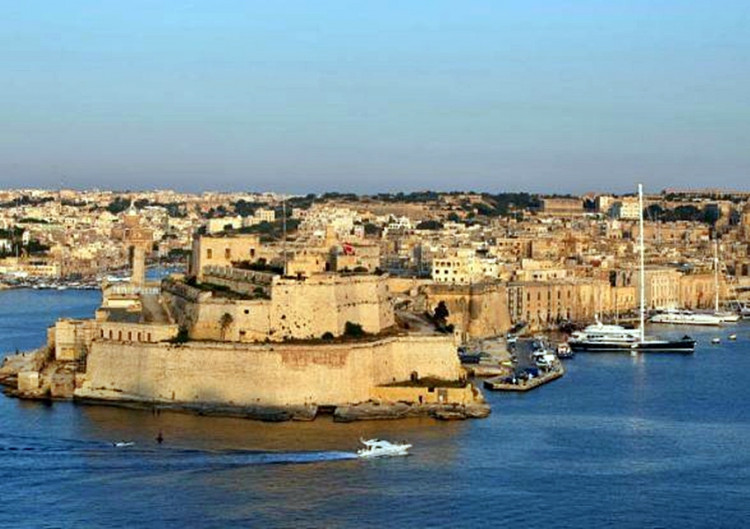Necessity, not politics, is behind Italy's decision to support China's Belt and Road Initiative (BRI) and the tiny country of Malta in the Mediterranean Sea is claiming the same reason.
Malta, a member of the European Union (EU), yesterday indicated there's a possibility it might join BRI. Edward Scicluna, the country's finance minister, said "certain prejudices" should not come in the way of good business, according to CNBC.
"One has to be wary of any country, especially with political ambitions or any sort of ambitions, but that's life," said Scicluna.
BRI seeks to fashion a vast global network of land, sea and digital connections linking China with Southeast Asia, Central Asia, the Middle East, Europe, and Africa. BRI critics say this infrastructure plan is meant to boost business for Chinese firms, expand China's international influence and force developing nations to take on massive debt burdens as is the case with Pakistan and Malaysia.
"You have to be careful, but it doesn't mean you say no to any business, because of certain prejudices, or this, or that, or because someone is pressuring you. For a country to survive and to be competitive, especially a small country, we need to have diversification," according to Scicluna.
He also said the issue of the BRI remains quite new and "very sensitive."
"One should not invite a fight, definitely not ... But on the other hand, as a region we are sovereign, we have our own interests and we should look at that first."
Earlier this month, Italy announced its intent to formally endorse BRI. Analysts said Greece and Portugal seem to support BRI but are in no rush to join this controversial Chinese initiative.
"I have heard the alarm being raised from the United States," noted Italian Deputy Prime Minister Luigi di, Maio. "Let it be clear that, if we are looking at the Silk Road towards China for our exports, it is not to strike a political deal with China, but only to help our companies."
This point was echoed by Pierre Moscovici, the EU commissioner for economic and financial affairs, who noted that Italy's priority should be improving its industrial capacity.
"The EU is not a federal state. Our member states can do their own policy, whatever they want. But I think that China is as well an asset, a partner; it can also be a problem if it is too aggressive," according to Moscovici.
"But, on Italy, my reflection would be a bit different, this country must solidify its industrial basis ... must reinforce its own competitiveness."
The White House said Italy's potential involvement in the BRI might hurt its international reputation.






